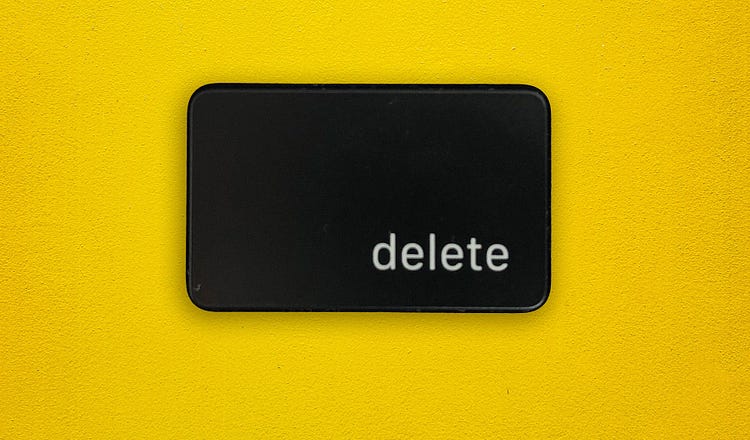I Report for The Free Press. And I Can’t Post My Stories on Facebook.

Photo illustration by The Free Press
Canada’s Online News Act was meant to force social media companies to pay for news content. What it’s actually done is hurt democracy.
21
A few days ago, I tried to post an interview on Facebook that journalist Brendan O’Neill had conducted with me about a story I recently wrote for The Free Press.
The piece, which I reported with Ari Blaff, was a tragedy: Toronto high school principal Richard Bilkszto committed suicide after being tarred as a racist in a diversity, equity, and inclusion t…
Continue Reading The Free Press
To support our journalism, and unlock all of our investigative stories and provocative commentary about the world as it actually is, subscribe below.
$8.33/month
Billed as $100 yearly
$10/month
Billed as $10 monthly
Already have an account?
Sign In

